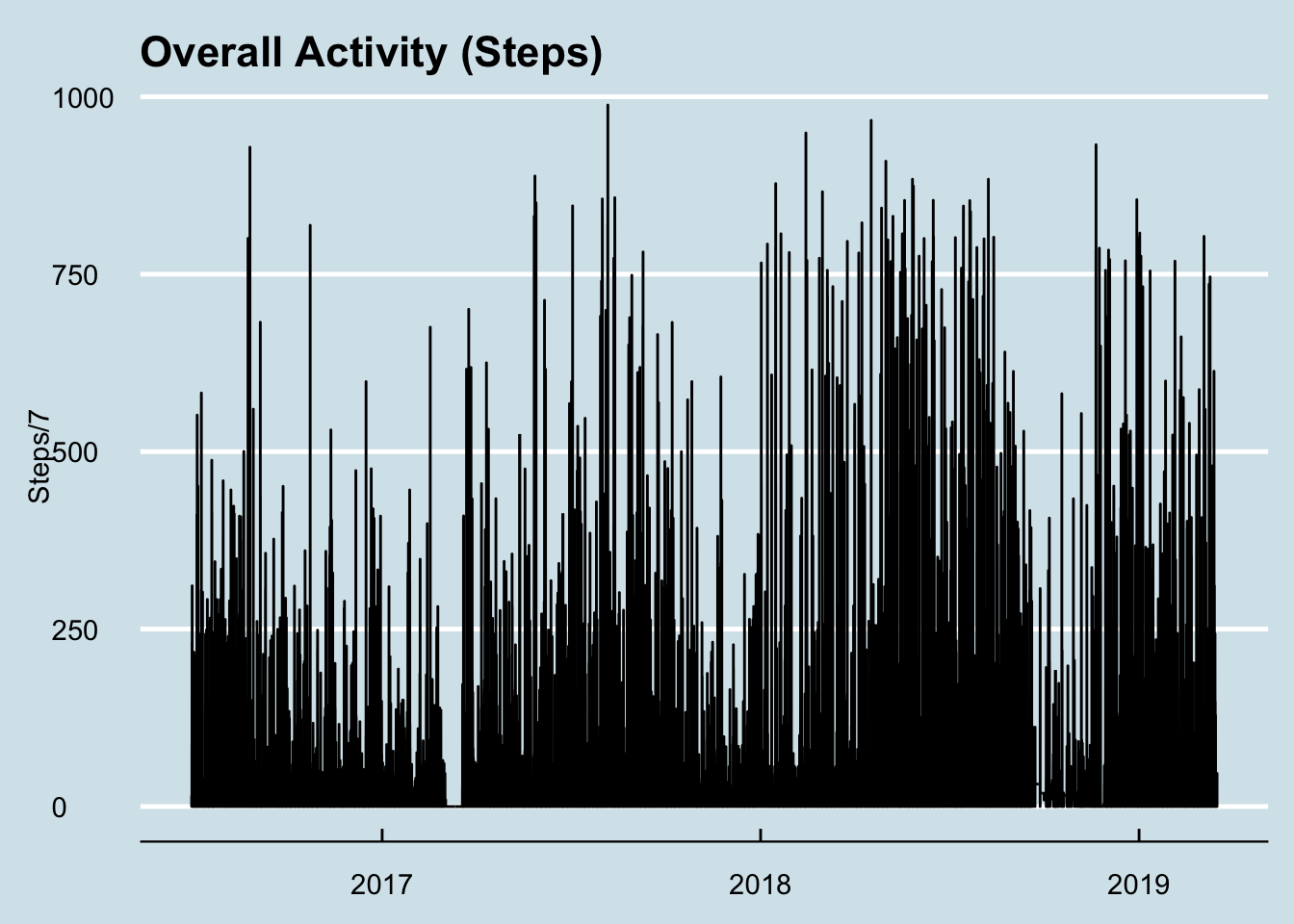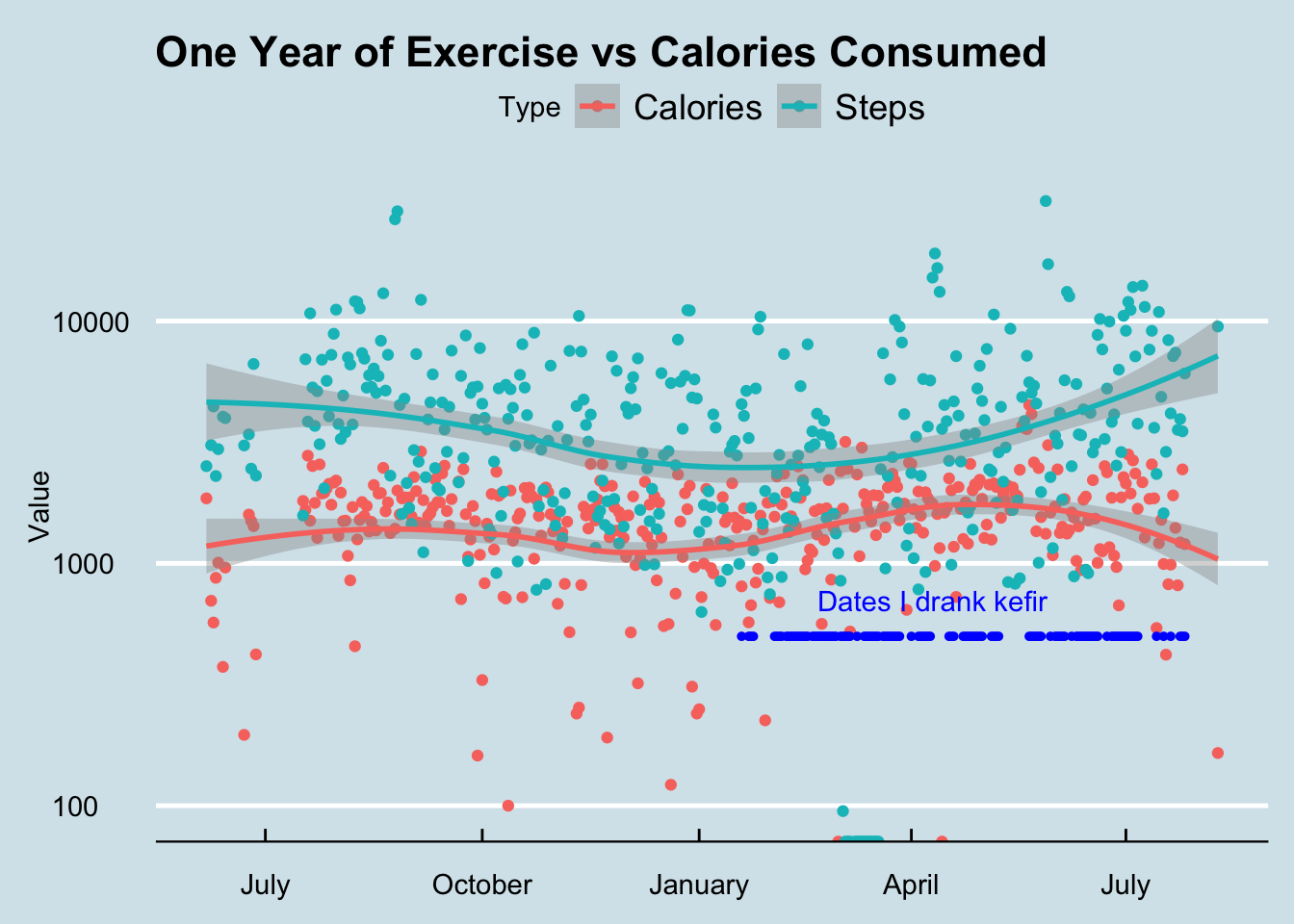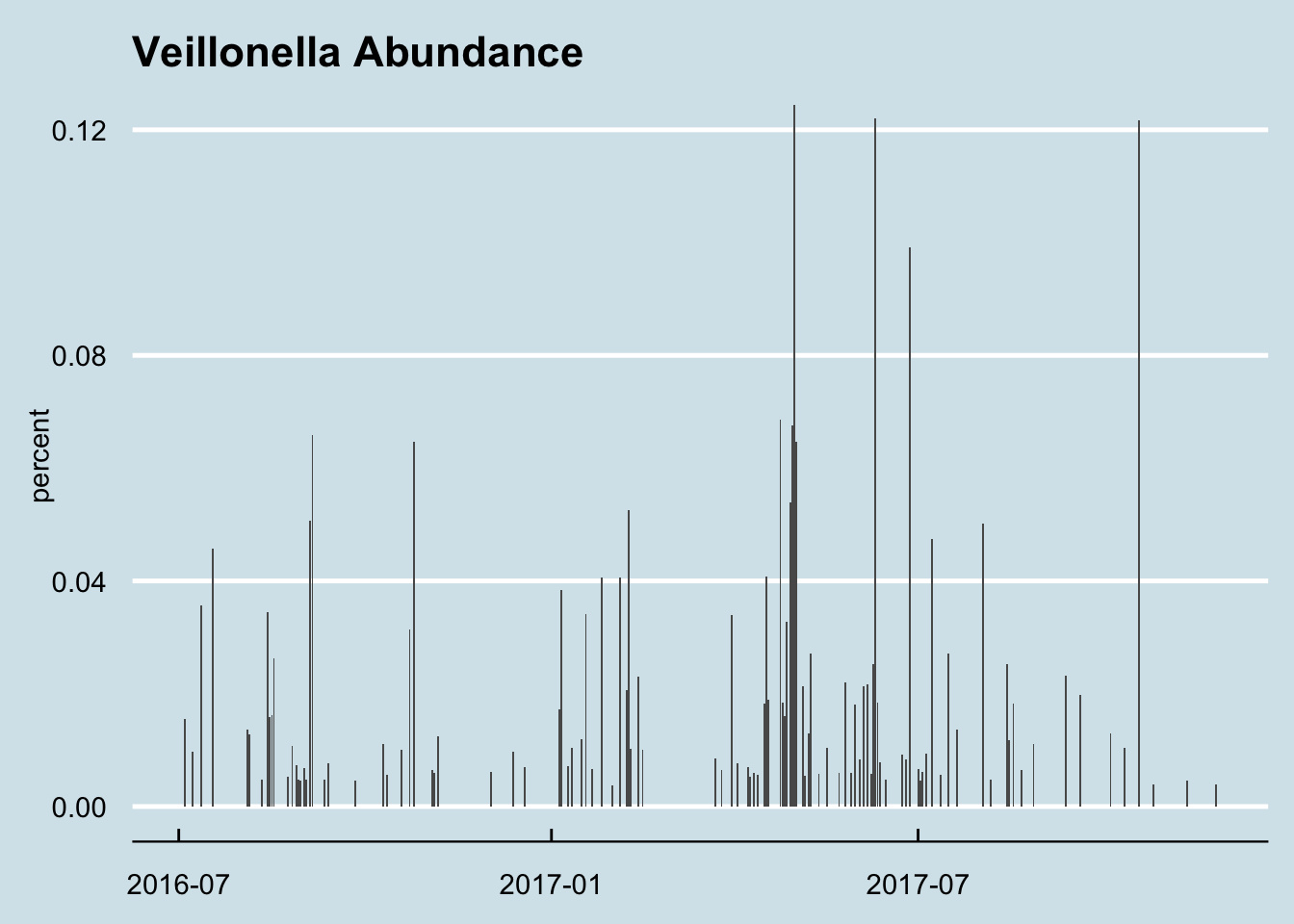3.6 Exercise and the microbiome**
Many people claim there is a link between the microbiome and exercise.
From a new study at the University of Illinois - Champagne-Urbana94
Exercise training increased faecal concentrations of the three most abundant short-chain fatty acids (SCFAs), acetate, propionate and butyrate in lean participants -the effect was dependent on body mass index as the change in both acetate and butyrate was observed primarily in the lean participants. Interestingly, exercise-related changes in microbial metabolites correlated with changes in the proportion of SCFA-producing taxa (Faecalibacterium spp. and Lachnospira spp.) and levels of acetate Coenzyme A (CoA) transferase gene (BcoAT) -a gene involved in regulating butyrate production- that were more substantial in lean versus obese participants. Indeed, exercise-induced increases in faecal BcoAT and SCFA levels also strongly paralleled increases in lean mass. However, their levels decreased again once exercise training finished.
Is that true for me?
To find out, I’ll load all my iPhone data and compare my activity levels against my overall microbiome changes.
Here’s how my activity changes day-to-day:

How about my Activity versus the number of calories I consume?


Another study shows a link between a specific SNP and the ability of caffeine to improve athletic performance.95. If you are AA or CC at the SNP rs762551, then a few miligrams of coffee might improve your performance by up to 15% if you are like the 100 atheletes who participated in a randomized control trial by some University of Toronto researchers. Or not. When I look at the data from the study, I see several outliers, people like me who are AC (and therefore “slow metabolizers”) but for whom caffeine apparently has little effect.